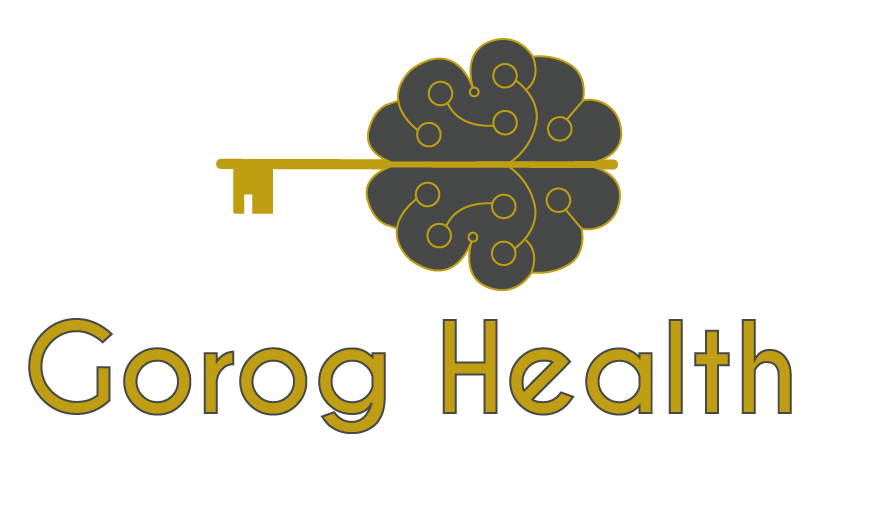Stress Management Counseling in Denver
Denver Stress Management
Stress is defined by our body and mind’s response to any demand. We often think of stress as a bad thing or something we want to rid ourselves of. However, stress or eustress, can be a positive reaction meant to induce motivation, confidence, improved performance, and help you accomplish your goals. When life’s demands outweigh our resources (perceived or otherwise real), negative stress or distress, can tend to have a negative effect on us. When we experience prolonged distress, many adverse mental and physical effects ensue, including: Problems with sleep, difficulty with concentration, low frustration tolerance, anger, anxiety, and depression. Additionally, prolonged distress can generate a number of physical vulnerabilities, exacerbating or making one susceptible to chronic disease and chronic pain. Because of these pervasive effects, experiencing prolonged distress, tends to worsen our ability for problem-solving, decision-making, and emotional regulation over time, and tends to compromise our sleep, challenge our relationships, and reduce our performance at work.
At Gorog Health, I take a functional, adaptive approach to stress as a stress management therapist. In other words, from a psychophysiology perspective, I believe that you can learn how to manage your stress by letting your stress response work for you instead of against you.
Many studies have revealed that a stronger physical stress response predicts better long-term recovery from a traumatic event, and hormones like cortisol and adrenaline are part of what scientists call the stress response, a set of biological changes that helps you cope with stressful situations.
Stress Management Counseling
I do stress management in three key ways:
1. Biofeedback: First, I use biofeedback to enhance your body’s stress response. Heart rate variability is a biological measure of resiliency to stress and by using unique biofeedback equipment and software, I measure your heart rate and determine your heart rate variability over the course of 3 sessions. From there, I provide you with training strategies that effectively help your body reduce the negative impact of stress and help you become more resilient over time. Essentially, giving you the tools you need to calm your nervous system and regulate yourself.
2. Education and reduce resistance: Second, I help you think differently about yourself and your demands causing unwanted stress. By changing how you think about your stress, we are then able to access to your mental and physical resources to equip you for the demands you are dealing with in life.
3. Increase coping responses: Third, I provide you with a set of mindfulness-based skills that help you make sense of your body and mind’s stress response so that you can make more adaptive decisions that lend to reduced stress over time.
The grandfather of stress, Hans Selye, once said, “There is always stress, so the only point is to make sure that it is useful to yourself and useful to others.” Thus, rather than being afraid of your stress, my goal is to help you reduce the negative effects of stress by teaching you how to harness it to support your overall resilience.
If you are interested in seeking Dr. Gorog for stress therapy, stress management skills, or dealing with unprocessed stress/stress in your body - please reach out to Dr. Gorog who specializes in stress management to learn more about how we can help.



